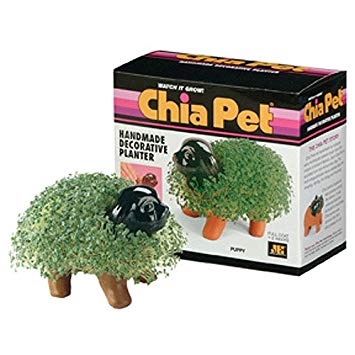cageymaru
Fully [H]
- Joined
- Apr 10, 2003
- Messages
- 22,090
A multi-million dollar investment into a farm in Pennsylvania is the the test bed for future technological breakthroughs in small, family farming according to the NY Times. 150 cows at the 175 acre Rivendale Farms wear FitBit-like trackers that monitor their caloric intake, movement, and chewing patterns. Three robotic machines milk the cows which in turn allows one person to do the job of five employees. The cows are milked 4 times a day, but are locked out of the milking area where special vanilla treats are available. A sensor and an automated scale determines when they are ready to give milk, and acts as a key to the milking area.
Once a cow enters the milking area, the cow's teats and udders are washed, laser scanned, automatically milked with suction cups, sprayed with iodine and steam cleaned before the cow ventures off to another area. The cows are free to do as they want on the farm, but these dairy cows average 15% more milk than similar cows of the same breed. The fields at the farm are scanned by scouting robots designed by researchers at Carnegie Mellon. The scouts can find weeds in the fields and accurately detect diseases on crops using computer vision and machine learning. The findings are reported to the property owner via a smartphone app. The next step is to create a robot that can dig, cut, and remove the diseased plants and weeds.
The Rivendale cows are milked four times a day on average, when they feel ready, compared with the traditional twice-a-day regimen when humans manage the milking. And its Jersey cows produce 15 percent more milk than the average for the breed, with a higher protein and butterfat content, said Christine Grady, general manager of Rivendale. "They eat when they want, lie down when they want and feed when they want," Ms. Grady said. "And a happier cow produces more milk and better milk."
Once a cow enters the milking area, the cow's teats and udders are washed, laser scanned, automatically milked with suction cups, sprayed with iodine and steam cleaned before the cow ventures off to another area. The cows are free to do as they want on the farm, but these dairy cows average 15% more milk than similar cows of the same breed. The fields at the farm are scanned by scouting robots designed by researchers at Carnegie Mellon. The scouts can find weeds in the fields and accurately detect diseases on crops using computer vision and machine learning. The findings are reported to the property owner via a smartphone app. The next step is to create a robot that can dig, cut, and remove the diseased plants and weeds.
The Rivendale cows are milked four times a day on average, when they feel ready, compared with the traditional twice-a-day regimen when humans manage the milking. And its Jersey cows produce 15 percent more milk than the average for the breed, with a higher protein and butterfat content, said Christine Grady, general manager of Rivendale. "They eat when they want, lie down when they want and feed when they want," Ms. Grady said. "And a happier cow produces more milk and better milk."
![[H]ard|Forum](/styles/hardforum/xenforo/logo_dark.png)

